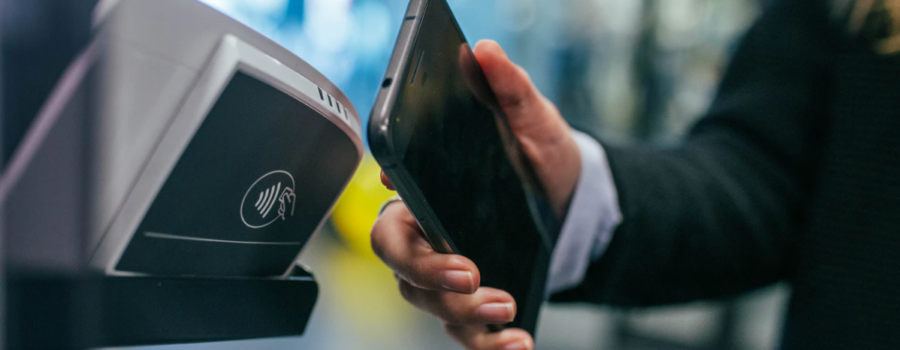Around the world, central banks and governments have taken decisive action in an attempt to minimize the economic effects of the coronavirus.
In the UK, the government has borrowed considerable sums to pay for the support schemes and to replace the expected reduction in revenue from taxes.
Added to that, the Bank of England has reduced interest rates to record lows, while restarting its Quantitative Easing (QE) programme (the modern way of printing money).
Similar actions have been taken across the rest of the developed world, and conventional economics appears to have been turned on its head.
The cost of the coronavirus support cannot, however, be ignored.
It may well be possible to continue with QE, while there is deflationary pressure in the economy, but, at some point, we will need to pay back at least some of the money the UK has borrowed.
There’s only one way to do this – tax revenues will need to rise.
In a perfect world, the economy will grow; we will all get richer, there will still be inflation in retail prices, so tax rates won’t need to go up to raise more tax. But, sadly, we don’t live in a perfect world.
The much-discussed “V-shaped” recovery in the economy looks a bit optimistic, and the weight of economic opinion suggests that, once a country has a high level of debt, economic growth becomes less likely.
So, it won’t be a surprise if the Chancellor announces, at some point in the future, that tax rates will need to go up.
Now, there are plenty of different types of tax to choose from, and tax is political, so it’s hard to predict which tax rates will rise – will it be income tax, VAT, National Insurance, corporation tax, Inheritance Tax?
Or, will we see some new tax introduced – maybe a digital sales tax for the likes of Facebook and Amazon, or, even a wealth tax?
It wouldn’t be a surprise at all to find that some tax reliefs are reduced (pension tax relief?) or that some tax rules are changed.
The good news is that the Chancellor doesn’t need to rush to raise taxes.
He can borrow vast sums at astonishingly low rates, so why would he even consider raising taxes, when he can borrow the money, and then use Quantitative Easing (print some money) to pay it back?
Last week, the government borrowed £51 billion, paying interest at a rate between -2.549% and 0.760%.
But, at some point, taxes will need to rise, even if it is to prove to the financial markets that we could repay if we had to.
We think it’s pointless to try and guess which taxes will rise and when they will rise. Or what new taxes there might be in the future.
But we do know that, if you have all your eggs in one basket, you are increasing your tax risks.
As with investment risk, the best way to deal with tax risk is to be prepared and to spread your risks.
With tax risk, this means investing in a variety of different vehicles and being cautious about putting money into vehicles which may offer attractive tax incentives but which don’t allow you an easy exit.
If you are worried that you might end up paying more than your fair share, contact us, and we can help you to develop a sensible tax strategy.

